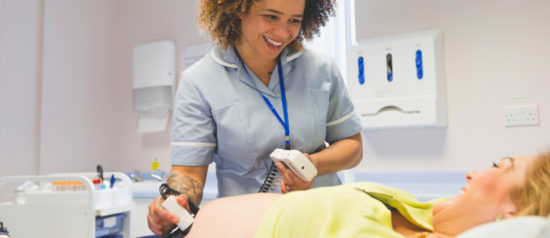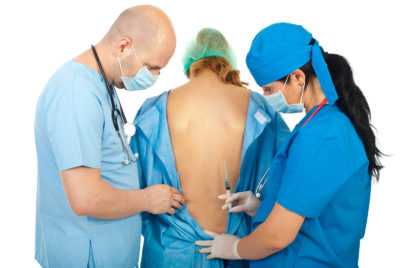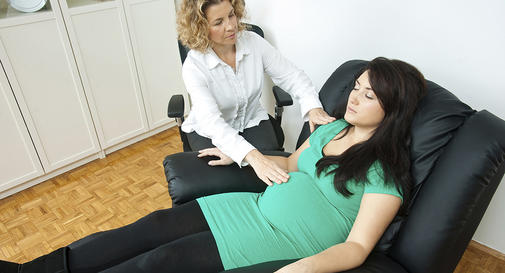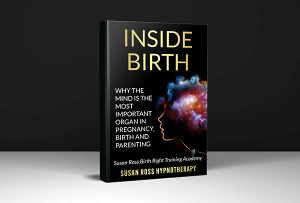Professionals in Birthing
DOULA
A Greek word with a general meaning of ‘mothering the mother’, ‘being with woman’. A doula is your window to an intervention free pregnancy, labour and birth. A doula is not a midwife. Her role is very different. She will look after your emotional needs and be your all-important advocate, no matter where you are birthing. She is not a representative of the hospital system – she is representing only the birthing woman/couple.
Advantages of Professional Doula Support
- Continuity of care – Birth Right doulas will provide telephone/email access, as well as face to face meetings during pregnancy. She will provide support for you throughout your labour, both at home and hospital and offer post-natal support.
- Support for partner – allows a Dad to relax and enjoy becoming a Dad, whatever that looks like for him on the day. Having a Birth Right doula takes all the pressure off Dad and allows him to feel safe and supported.
- Excellent information source – giving you choices
- Trust – you will have already built up a relationship of trust with your doula, ensuring you feel safe in labour. Women who feel safe and well supported generally have shorter labours and feel more positive about their birthing experience.
- Research shows that the continuous support of a caring woman (doula):
- Reduces the length of labour
- Reduces the need for drugs for pain relief
- Reduces the need for an episiotomy
- Reduces the need for forceps/ventouse
- Reduces the need for a Caesarean section
- Women report less anxiety in labour
- Women breastfeed for longer
- Experience less post-natal depression
The World Health Organisation states: “Giving birth is a natural process that should not be interfered with unless absolutely medically necessary.”
Midwife
A Midwife specialises in caring for normal pregnancy, labour and birth and post-natally. Most midwives have trained as a general nurse, followed by a post graduate degree in midwifery. Many midwives have other qualifications, eg. specialising in education, post-natal care, neonatal intensive care nursing. Many women choose a midwifery model of care. Most public hospitals offer a number of different models of care. It is important to ‘shop around’. Midwives work as independent practitioners, generally as a home birth midwife. Midwives support women in their choices, offer holistic care, and promote normal birth. WHO (World Health Organisation) recommend that healthy women have midwifery care. Pregnancy is a normal event, so choosing a midwife who specialises in normal birth, will only enhance your chances of a normal birth.
Obstetrician
An obstetrician is a medical Doctor who specialises in looking after medical problems in pregnancy, labour and birth. There are not many women in this category, who have medical problems. An Obstetrician may care for a woman who has very high blood pressure or an I.D.D. (insulin dependent diabetic), or someone who has placenta praevia. An obstetrician is a Doctor and specialises in ‘fixing’ things. They are very good at it.
Anaesthetist 
An Anaesthetist is a medical Doctor who specialises in administering anaesthetics, e.g. an epidural.
An Anaesthetist is medically trained to administer pain relief. In some hospitals, particularly private hospitals, they get a lot of practice in giving epidurals.
Childbirth Educator
There are many people offering childbirth education classes. Hospital based classes are often run by a midwife or physiotherapist. These classes are restricted by hospital policy in how they share information and are based on pain management.
Apart from our doula courses we offer a unique Childbirth Educator training course. Birthing is all about the MIND. Inside Birth Educator course teaches the untapped mind power each pregnant woman has. You will learn about Limbic Imprinting and how important it is for parents to develop a deep emotional connection with their unborn baby. Mind Power and accessing the unconscious mind, is the key for a peaceful, connected and soulful birth for Mum and baby.
